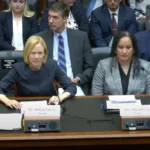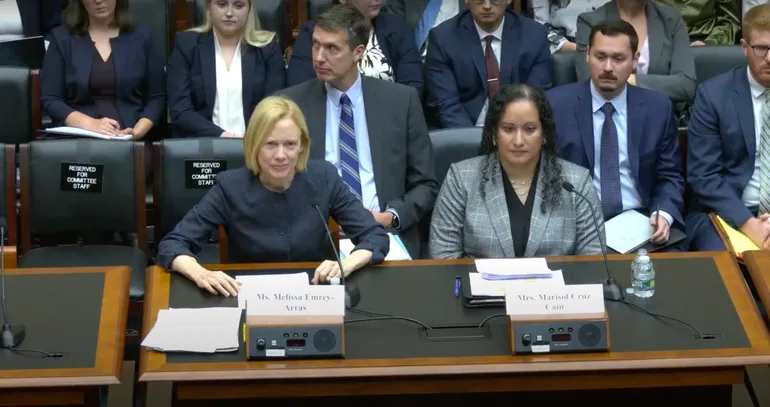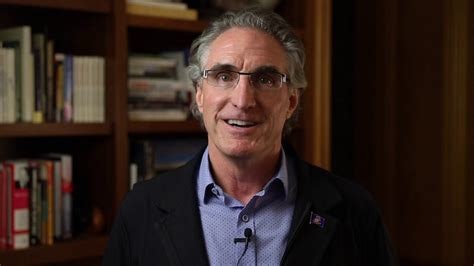Dive Brief:
- The U.S. Department of Education failed to oversee vendors, follow its own procedures, and properly communicate with students and colleges when launching the new Free Application for Federal Student Aid form. That’s according to a pair of scathing reports issued Tuesday by the U.S. Government Accountability Office.
- The GAO found, for example, that 4 million calls to the Education Department’s call centers — 74% of the total received — went unanswered from January to May, the first five months of the FAFSA application cycle.
- GAO officials expressed concern that the department could risk repeating the same kinds of errors in future application cycles when testifying Tuesday before the House Higher Education and Workforce Development Subcommittee. An Education Department spokesperson, however, said the agency has already made improvements for the 2025-26 form.
Dive Insight:
The reports are the culmination of GAO’s months-long investigation into the widely panned release of the new FAFSA. The rollout suffered from frequent delays and technical glitches, resulting in limited availability, frustration for students and their families, and a decline in the FAFSA completion rate.
As of Sept. 13, 52% of the high school class of 2024 had submitted the new FAFSA form, down from 58.4% for the 2023 graduating class at the same time last year, according to the National College Attainment Network.
Last month, the Education Department announced that the 2025-26 FAFSA would be fully available by Dec. 1 — before its legal deadline of Jan. 1. but still two months later than the typical release date.
The GAO opened its investigation into the rollout earlier this year at the request of over two dozen lawmakers. But Republicans accused the Education Department of stonewalling the congressional watchdog, and Rep. Virginia Foxx, chair of the House education committee, subpoenaed the agency to turn over FAFSA-related documents and communications.
An Education Department official at the time told Higher Ed Dive that the agency would comply, but said the subpoena “seems like an unnecessary political stunt” given the agency’s ongoing efforts to provide hundreds of records to the GAO and keep Foxx and her staff in the loop.
However, the GAO faced “uniquely challenging” access issues when attempting to get the requested information, according to Melissa Emrey-Arras, the office’s director of education, workforce and income security
Senior GAO leadership had to transition from monthly to weekly meetings with the Education Department, and it still took the agency five months to turn over all the requested documents, she told lawmakers at Tuesday’s hearing.
Once the GAO gained access to the information, it found patterns of poor communication, oversight and leadership that contributed to the FAFSA’s chaotic release.
For example, the Education Department knew it would not publish the 2023-24 FAFSA by its traditional October release date in August 2022, according to the watchdog. But it did not inform the public until March 2023 — seven months later.
The botched rollout disproportionately hurt low- and middle-income families, Emrey-Arras said.
“Families that have wealth — that do not need federal aid — could care less about the FAFSA. It didn’t affect them, they could pick whatever college they wanted to,” she said. “But for everyone else, which is most Americans, it was extremely difficult.”
The Education Department initially attributed many of the delays to contractor error. But the GAO report found systemic issues in vendor oversight that fed into the problems, too.
For example, the contract to develop the FAFSA’s new processing system was set at a fixed price and did not include incentives for the vendor to complete work promptly, the GAO said.
In the case of the call centers, Emrey-Arras said the department is responsible for giving the vendors a forecast for how many calls to expect.
“Education botched that. They dramatically underestimated how many calls would be coming in, and as a result, the call center vendors were unable to staff the center appropriately,” she said.
Upon the FAFSA’s initial launch, the department identified over 40 technical issues, and the form was available for less than an hour a day, GAO officials said. And when the agency found workarounds for some of the glitches, it failed to properly communicate those options to applicants.
Marisol Cruz Cain, director of the GAO’s information technology and cybersecurity team, told lawmakers that future FAFSA rollouts are also at risk if department leadership doesn’t change their operating procedures.
“If they keep managing it the way they are, I don’t have confidence that they’ll be able to deliver the functionality,” she said.
An Education Department spokesperson said Tuesday that the agency has already taken action to improve the FAFSA process.
“We recognize the challenges and anxiety that families, schools, and our partners in the field have faced with the delays and errors in the 2024–25 financial aid process,” the spokesperson said.
The department released a report Monday containing a path forward for the 2025-26 cycle and detailing the supports that have already been updated. The agency has “strengthened our leadership team, expanded call center capacity, and begun carefully testing next year’s FAFSA” ahead of the Dec. 1 release date, the spokesperson said.
The department also held 46 listening sessions with 293 of its partner organizations between June and August.
“We’ve listened and we’re taking action,” the spokesperson said.
Meanwhile, at Tuesday’s hearing, Utah Rep. Burgess Owens, chair of the Republican-controlled subcommittee, pushed the GAO officials to identify who in the Education Department was responsible for the failed FAFSA debut.
Emrey-Arras declined to attribute the chaos to any specific individuals, instead referencing a high degree of senior turnover in the Education Department.
The GAO noted that the department has had six chief information officers since February 2021.
The Federal Student Aid office’s chief operating officer, Rich Cordray, also stepped down in June. U.S. Education Secretary Miguel Cardona announced a “full-scale review” of the office, including new COO reporting protocols to increase accountability and transparency.
In June, the department brought in Jeremy Singer to serve as the agency’s FAFSA executive advisor for the 2025-26 form. During his tenure, Singer is taking a temporary leave of absence from his role as president of the College Board.
#Scathing #GAO #reports #blame #Education #Department #leaders #FAFSA #mess










